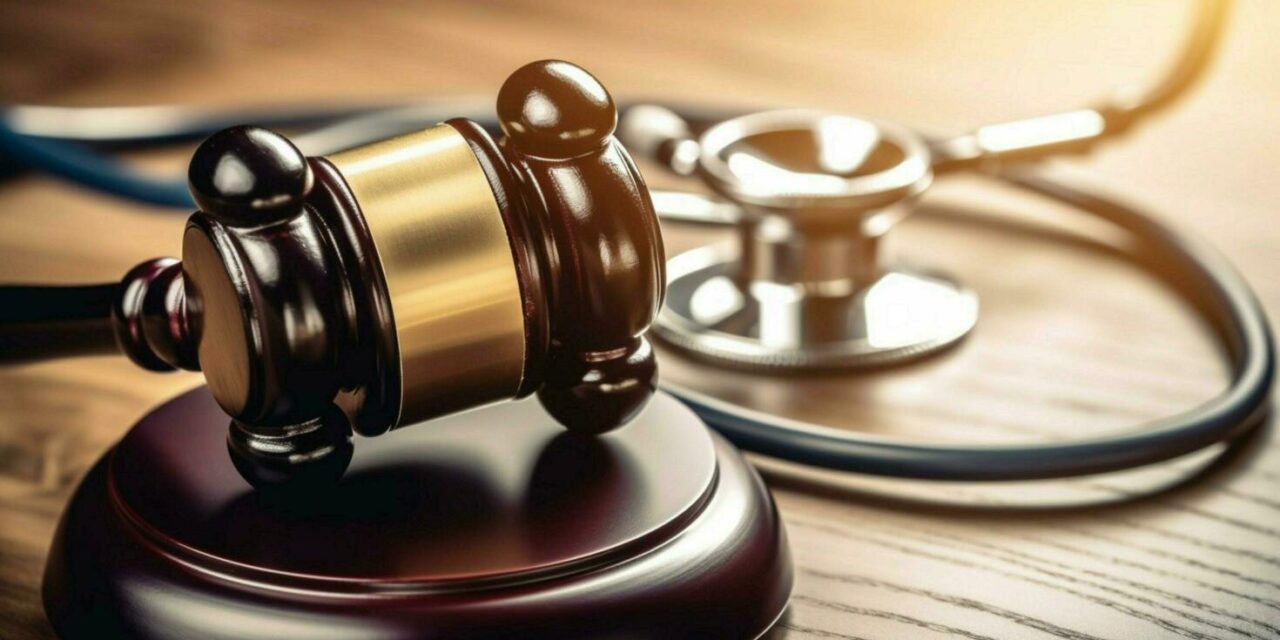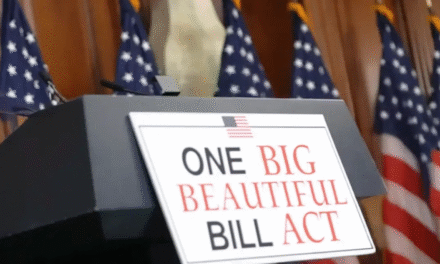Pennsylvania is seeing an increase in hospital closures and a reported decrease in healthcare services across the state.
Hospital closures, at-risk healthcare services, and precarious financial situations in hospital systems have been making headlines in Pennsylvania.
The Pennsylvania Senate Institutional Sustainability and Innovation Committee recently held a hearing on hospital and health system sustainability to discuss possible reforms.
In his opening remarks, Penn Highlands Healthcare CEO Steve Fontaine said, “Rural healthcare facilities cannot withstand the significant financial shock that can be experienced with an uncapped medical malpractice lawsuit” and “tout reform and venue shopping needs to be addressed” in Pennsylvania.
At the hearing, Nicole Stallings, President and CEO of the Hospital and Healthsystem Association of Pennsylvania, said, “between the threat of nuclear verdicts and the recent Supreme Court rule change allowing venue shopping, our hospitals are one lawsuit away from closing their doors.”
Lawsuit venue shopping poses a significant threat to hospitals across Pennsylvania that are struggling with a decline in pandemic-related federal funding and labor shortages.
According to analysis, Pennsylvania’s legal framework combines unlimited claims on non-economic damages in medical malpractice cases with the ability for trial lawyers to venue shop for plaintiff-friendly courts and jury pools.
Pennsylvania is one of about 15 states that does not have a limit on non-economic damages. This allows any one lawsuit to result in a claim large enough to economically cripple a doctor or hospital system, as referenced by Stallings during the hearing.
The American Medical Association reported that Pennsylvania is experiencing some of the fastest-riding medical malpractice premiums in the country. In Philadelphia, analysis shows these premiums run much higher than the rest of the state.
A possible legislative solution to the problem burdening Pennsylvania’s hospitals would be to pass legislation capping non-economic damages in medical malpractice cases.
In terms of venue shopping, the Pennsylvania Supreme Court would need to reverse its 2022 decision that allowed trial lawyers to venue shop, or for the legislature to pass a constitutional amendment that removes rulemaking power from the court.
At the hearing, Stallings emphasized the importance of hospitals to the region.
“Having a strong hospital in a community is a prerequisite to economic development – and conversely, it’s easy to see how health care deserts very quickly become economic deserts. We cannot have healthy, vibrant communities in Pennsylvania without strong, viable, stable hospitals,” she said.






